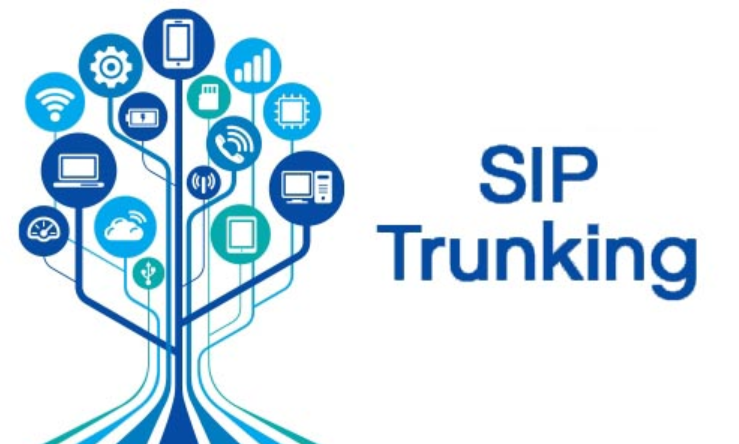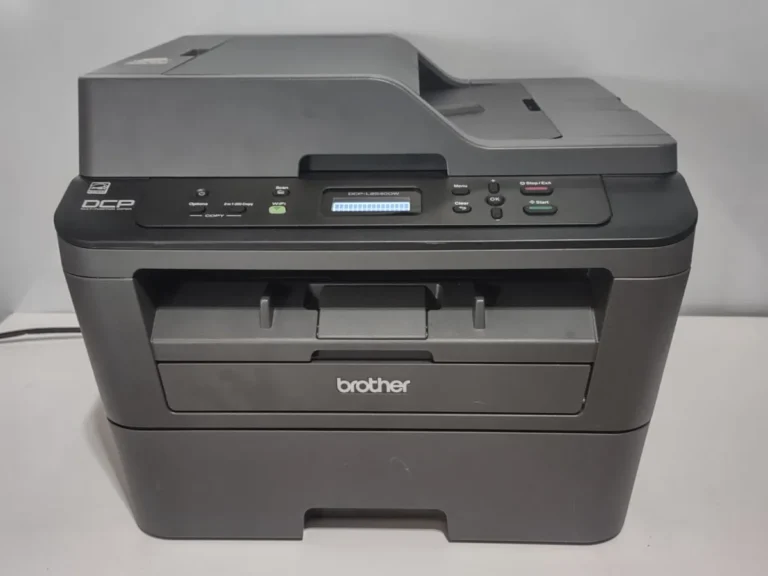SIP Compliance: Meeting Regulatory Standards
Introduction
In an era where communication technology rapidly evolves, Session Initiation Protocol (SIP) has emerged as a cornerstone for voice over internet protocol (VoIP) services. Its flexibility, scalability, and cost-effectiveness make it an attractive choice for both businesses and individuals, including home users. However, amidst the convenience SIP offers, compliance with regulatory standards becomes paramount, ensuring not only efficient communication but also adherence to legal requirements. This article delves into the significance of SIP compliance, particularly in the context of home use, while exploring the role of SIP providers in ensuring adherence to regulatory standards.
Understanding SIP Compliance SIP compliance refers to the adherence to regulatory guidelines, industry standards, and best practices concerning the implementation and usage of Session Initiation Protocol technology. These regulations encompass various aspects, including security, privacy, interoperability, and quality of service. For home users, compliance ensures the protection of personal data, reliable communication, and compatibility with different devices and networks.
Regulatory Standards for SIP Several regulatory bodies and standards organizations set guidelines for SIP compliance. These include:
- Federal Communications Commission (FCC): The FCC regulates telecommunications services in the United States and mandates compliance with rules such as E911 requirements for VoIP providers, ensuring that emergency services can accurately locate callers.
- European Telecommunications Standards Institute (ETSI): ETSI develops standards for information and communication technologies, including SIP, to ensure interoperability and security across European markets.
- Internet Engineering Task Force (IETF): The IETF develops and promotes voluntary Internet standards, including those related to SIP, through its Request for Comments (RFC) documents.
- Privacy Regulations: Regulations like the General Data Protection Regulation (GDPR) in the European Union and the California Consumer Privacy Act (CCPA) in the United States impose requirements for the protection and handling of personal data, affecting SIP service providers’ data management practices.
Importance of SIP Compliance for Home Users For individuals using SIP for home communication, compliance holds significant importance:
- Data Privacy: SIP compliance ensures that personal information transmitted over VoIP networks remains secure and is handled in accordance with relevant privacy regulations, safeguarding users’ privacy rights.
- Service Reliability: Compliance with quality of service standards guarantees reliable voice communication, minimizing disruptions and ensuring a seamless user experience for home users.
- Emergency Services Accessibility: Adherence to regulatory requirements, such as E911, ensures that emergency services can accurately identify the location of VoIP callers, enabling swift response during emergencies.
- Device Compatibility: SIP compliance facilitates interoperability with various devices and applications, allowing home users to utilize SIP services across different platforms and devices seamlessly.
Role of SIP Providers in Ensuring Compliance SIP providers play a crucial role in ensuring compliance with regulatory standards for home users. They achieve this through:
- Regulatory Awareness: SIP providers stay abreast of evolving regulatory requirements and integrate necessary compliance measures into their services to ensure adherence.
- Security Measures: Implementing robust security protocols such as encryption and authentication mechanisms to protect users’ data and prevent unauthorized access.
- Quality Assurance: Conducting regular testing and monitoring to maintain service quality and compliance with performance standards, including call quality and reliability.
- User Education: Educating home users about regulatory obligations and best practices for SIP usage, including the importance of updating software and securing network connections.
Choosing SIP Providers for Home Use When selecting SIP providers for home use, consider the following factors to ensure compliance and quality of service:
- Regulatory Compliance: Choose providers that demonstrate compliance with relevant regulatory standards, such as E911 requirements and data protection regulations.
- Security Features: Opt for providers that offer robust security measures, including encryption, firewalls, and intrusion detection systems, to safeguard your personal data.
- Reliability and Support: Select providers with a track record of reliability and excellent customer support to address any issues or concerns promptly.
- Scalability and Flexibility: Look for providers that offer scalable solutions and flexibility to accommodate your evolving communication needs, whether it’s for a single household or multiple users.
Conclusion
SIP technology has revolutionized communication for home users, offering cost-effective and feature-rich voice services over the internet. However, ensuring compliance with regulatory standards is essential to safeguard privacy, ensure service reliability, and facilitate emergency communications. By partnering with SIP providers that prioritize compliance and quality of service, home users can enjoy the benefits of SIP technology while adhering to legal requirements and industry standards. Choose wisely, and SIP can be a valuable addition to your home communication setup.







